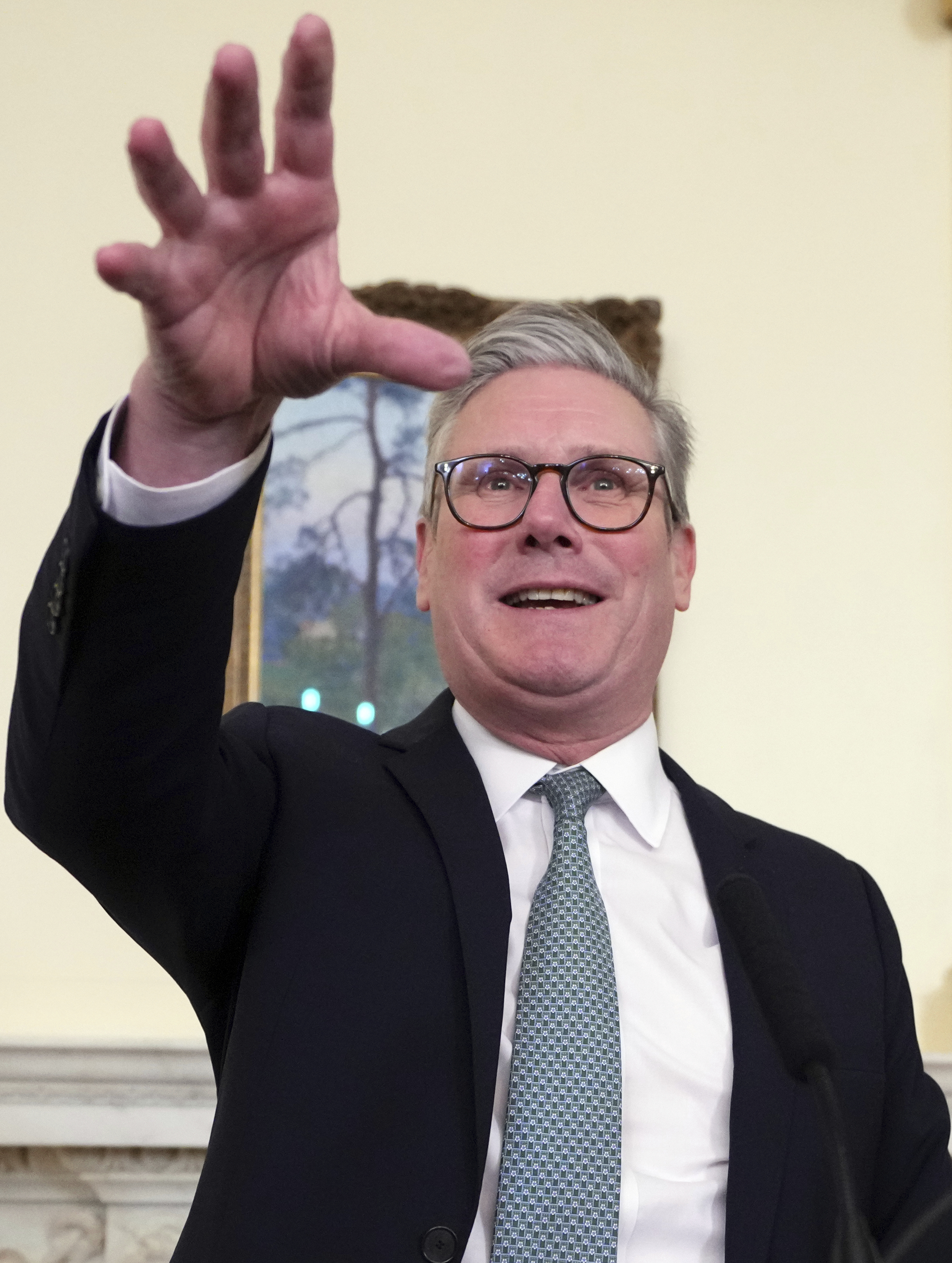"It is part of a new era in the relations between the United Kingdom and the European Union." This was announced by the British government on Monday at the unexpected summit between the Foreign Minister of this country, David Lammy, and the EU High Representative for Foreign Affairs and Security Policy, Kaja Kallas, regarding the situation in Ukraine.
The result is that the British capital is hosting today a summit of military chiefs to discuss the technical aspects of the peace forces -actually, protection forces- in Ukraine, with a role unprecedented in the usual international politics of the United Kingdom.
With Starmer, Great Britain has become the key point of what remains of the relationship between the two sides of the Atlantic. But with a difference. Unlike when Blair was in Downing Street, London has not needed to confront most European countries, but rather exercises some leadership among them -and, incidentally, with the Canadians- in response to Trump's isolationism and his handing over of Ukraine to Russia. All this without breaking ties with the US.
It is a radical change in which the United Kingdom continues to play, as before, the cards of its military strength, its soft power through the Commonwealth and the Monarchy, and its special relationship with the US.
A puzzle in which, furthermore, Starmer has not chosen the pieces, because he found all that. What he has done is combine them to strengthen the global presence of the United Kingdom and give it an unimaginable European leadership role until Donald Trump entered the White House on January 20. And public opinion seems pleased.
Blair burned his own bridges with support for the invasion of Iraq, to the point of laying the groundwork for the Labour defeat in 2010 that opened the door to a chaotic conservative decade and a half. Starmer's leap from prime minister to emerging global statesman has served him well. Despite the drastic welfare state cuts announced this week, the Prime Minister's popularity, although still very low, has reached its highest levels since last summer when his very brief honeymoon with voters, which didn't even last 100 days, plummeted in the polls with horrifying approval ratings.
And all this without the US president threatening the UK with annexation -as with Canada- or letting Russia annex it -as with Ukraine.
The British Prime Minister has not needed to confront Trump. On the contrary, Starmer has played the conciliatory card with the US. He has visited the White House and delivered a letter from Charles III inviting a second State visit to the UK, something unprecedented in history.
What Starmer has done is assume a leadership position. London is currently the center of coordination for aid to Ukraine in the event of a possible US abandonment of that country. It is a position in which the Downing Street tenant seems comfortable. Starmer has the charisma of an accountant, which initially puts him at a disadvantage against Trump (as an undeclared rival) or Macron (as a competitor for the center stage). But precisely for that reason, he projects an image of solidity, or trust, which is truly scarce in the current world.
His personality, therefore, which is a burden for winning elections, seems to be an asset in small group negotiations among international leaders.
